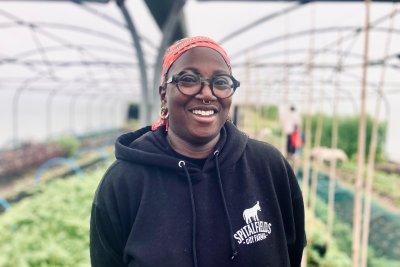A briefing paper from the Food Research Collaboration presents six policy proposals to help bring about a reduction in sugar consumption, now widely considered essential to combat obesity, diabetes and other forms of diet-related ill-health.
The proposals call for cross-cutting policy that meets the needs of both public health and social justice, and takes account of business competitiveness, EU agricultural policy and international development.
The policy proposals are:
- Introduce a 20% sugary drinks tax and ring-fence it for public health programmes.
- Make the promotion of healthy and sustainable diets mandatory for food and drink corporations.
- Take corporate branding out of sponsorhip for sport activities and healthy-eating programmes, and feature different body sizes in food and drink advertising.
- Reform subsidies to sugar beet producers in the EU and support small-scale, mixed farming in the UK.
- Pay a real living wage in UK-owned sugar companies and UK-based food companies.
- Advance a Global Convention to Protect and Promote Healthy Diets in the World Health Organization.
The report notes that debates on how to reduce sugar consumption often omit to mention agriculture, which is symptomatic of a situation in which consumption and production are seen as separate issues.This approach ignores some key reasons why sugar is present in the food system in such large quantities, not just in the UK but globally. It also ignores the consequences of reforming dietary patterns for other groups in the economy, including farmers and food manufacturers, again in the UK and beyond. The proposals seek to tackle sugar policy in this broader context.
Find information on Sustain's campaign for a sugary drinks duty here and on the Children's Health Fund, which is trialing a sugary drinks tax amongst restaurants and cafes, here.
Sustain: Sustain The alliance for better food and farming advocates food and agriculture policies and practices that enhance the health and welfare of people and animals, improve the working and living environment, enrich society and culture and promote equity.







